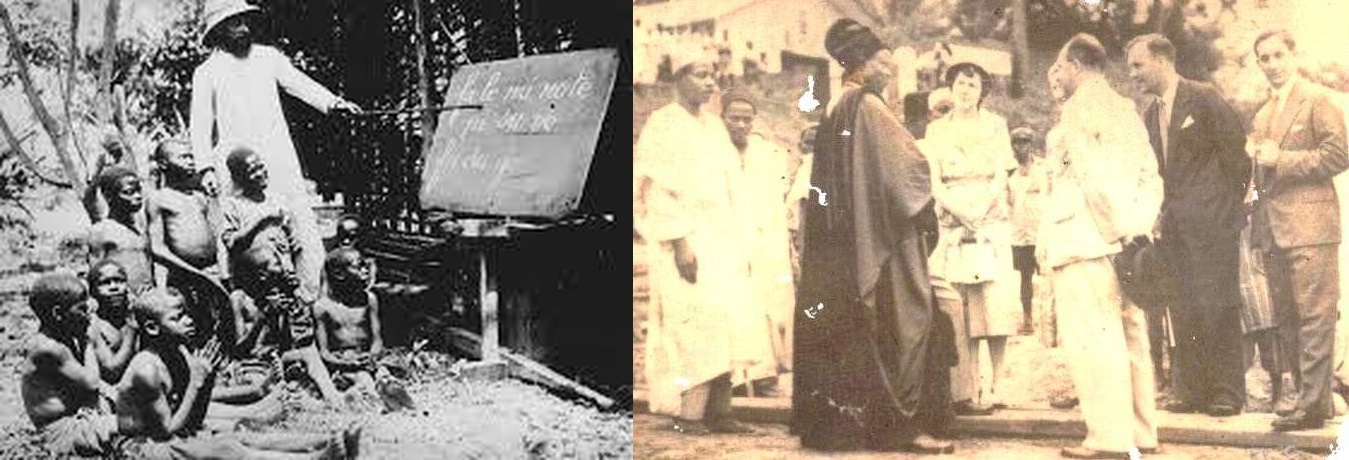Do not forget to visit: Eugene de Mazenod speaks to us. Just a click and you are there!
We will recite the Office thoughtfully and solemnly, following exactly the mediants and the other indications, and making sure that we do not warrant Jesus Christ’s criticism of the Jews, that they honored God with their lip service, while their hearts were very far from God.
1818 Rule, Part One, Chapter 3, §6 Divine Office
In your prayers do not babble as the gentiles do, for they think that by using many words they will make themselves heard. Matthew 6:7
This people honors me with their lips, but their hearts are far from me. Mark 7:6
In prayer it is better to have a heart without words than words without a heart. Mahatma Gandhi
COMMUNITY PRAYER: THE SOURCE OF ALL MISSIONARY SUCCESS
Posted on April 20, 2012 by franksantucci
It seems surprising that as the sixth ministry Eugene puts the community prayer of the Breviary:
All the priests, oblates, and novices are bound to recite the Divine Office in common, according to the rite of the Holy Roman Church, at the hours prescribed by the schedule.
The surprising part is not that the Missionaries must pray regularly, but that this is seen as one of the MINISTRIES of the Missionaries. In other words, the time given to praying the Breviary is as important as any one of the other ministries.
Apart from the personal sanctification that Eugene never stops stressing (“be” in order to “do”), the community prayer is other-centered in that it is a ministry done for the good of the whole Congregation and its mission.
The Institute regards this exercise as the source of all the blessings which must pour out upon all the ministry of the whole Society.
1818 Rule, Part One, Chapter 3, §6 Divine Office
Praying the Divine Office, the Liturgy of the Hours, is an act of the Church and for the good of the whole Church, of which the community of Missionaries is a cell.
Two clarifications on the text:
– One of the ends of the Missionaries was to make up for the disappearance of the Orders, whose foundation was built on singing the Divine Office at various moments of the day – hence this initial insistence. As the Oblates became geographically more widespread and their ministry more varied in small groups or individually – it was the spirit of this part of the Rule that had to be maintained in their individual prayer: praying the Breviary was a ministry for the welfare of the mission of the whole Congregation.
– Eugene used the word “oblates” to denote all those who had professed their first vows and were not yet priests (i.e. scholastics – seminarians). This was 8 years before the Congregation took the official name of “Oblates” for all its members.
The Liturgy of the Hours is the prayer of the Church, the spouse of Christ. In it, we praise the Father for his wonderful works and invoke his blessing on our mission. Each community will ordinarily celebrate part of the Hours in common. Where possible, the faithful will be invited to join us in this public prayer of the Church. CC&RR, Constitution 33
Every true prayer is a prayer of the Church; by means of that prayer the Church prays, since it is the Holy Spirit living in the Church, Who in every single soul ‘prays in us with unspeakable groanings’. Edith Stein
Source: Eugene de Mazenod speaks to us





